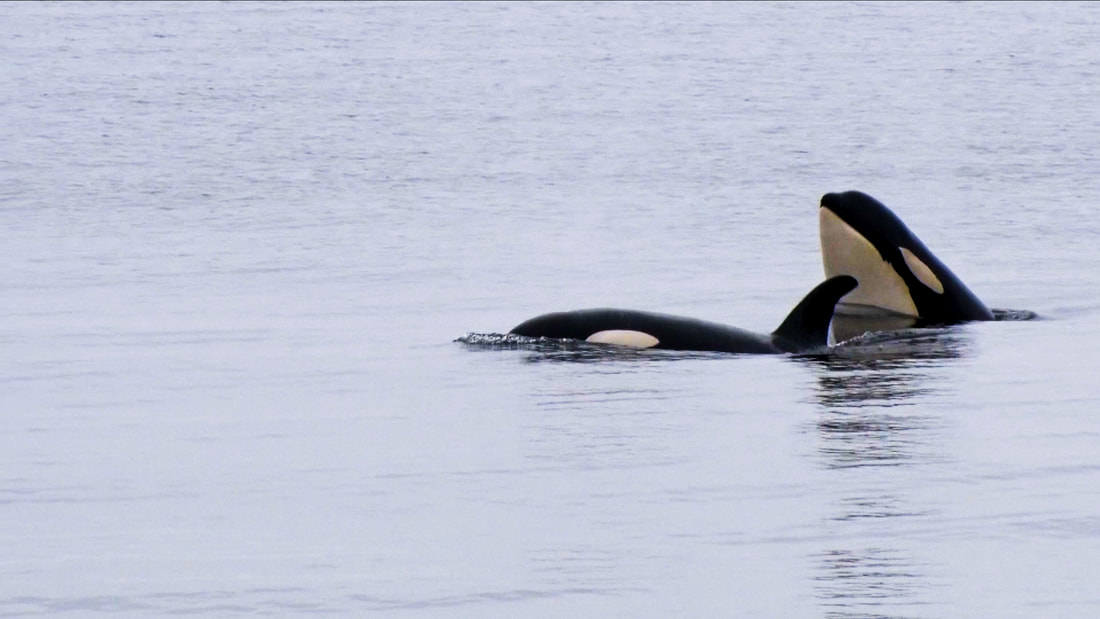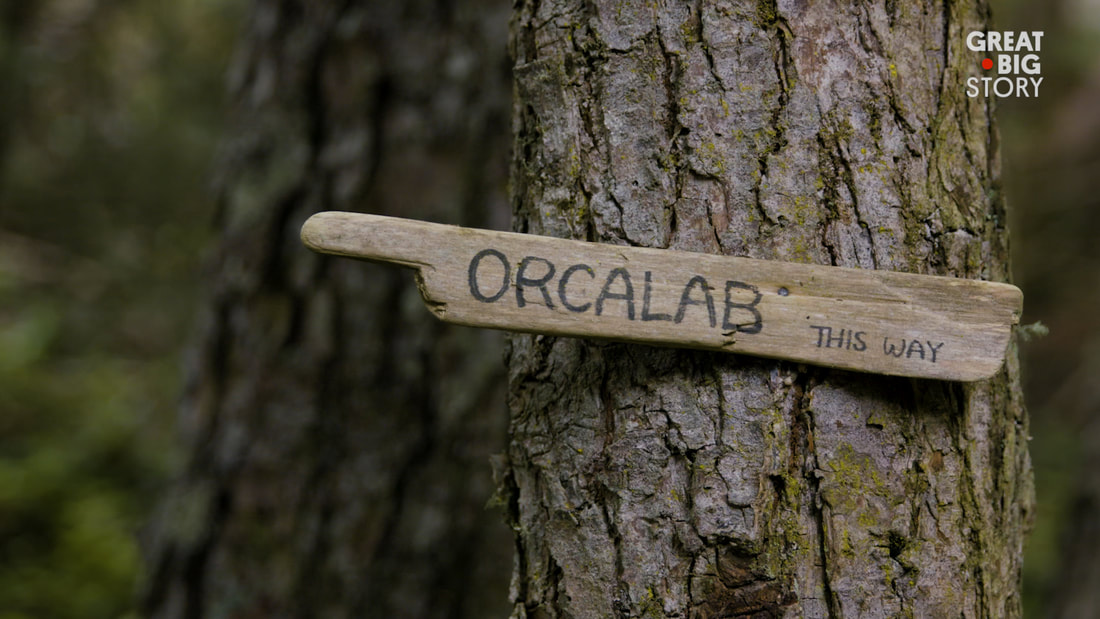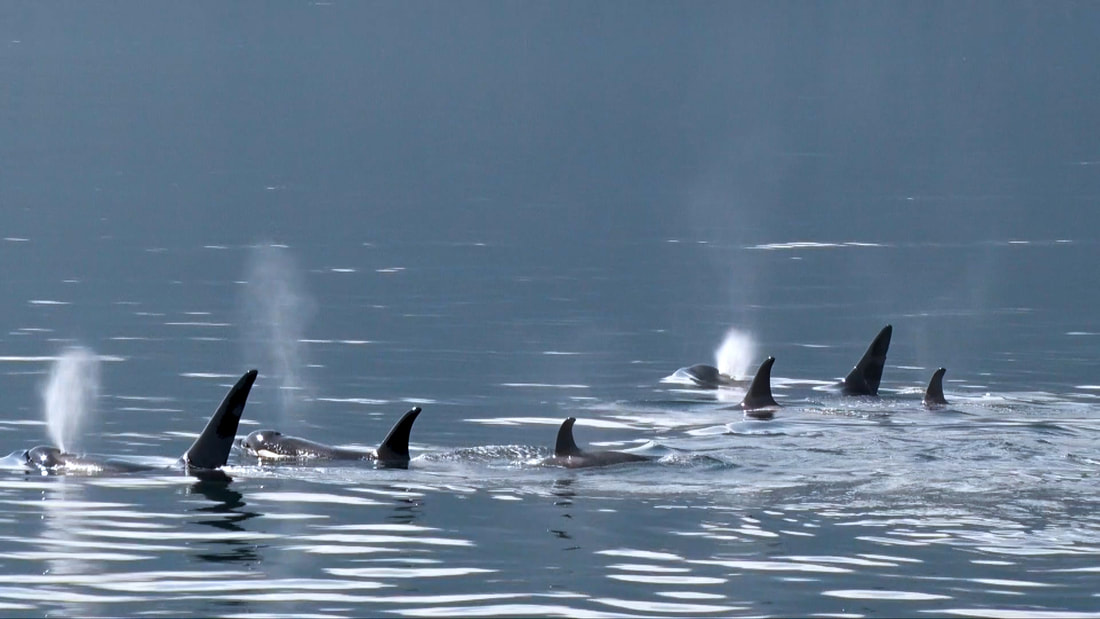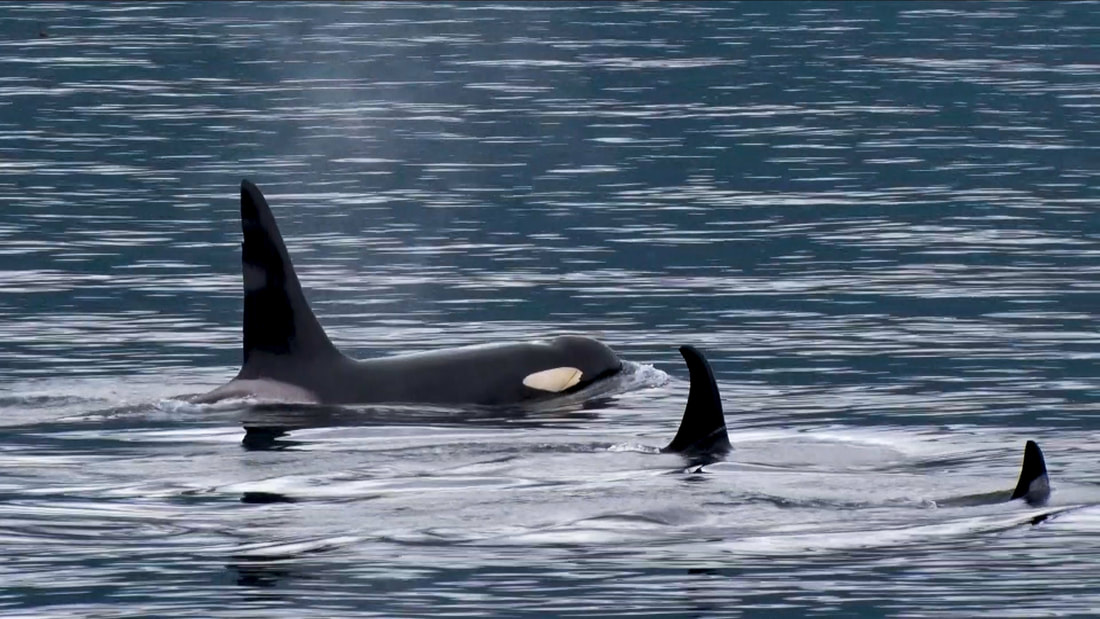|
We reached out to our festival filmmakers to ask them five questions about the experience of making their films.
Radio Free Orca from Jackson Wild on Vimeo. What inspired this story? Director Andrew Lampard: This project arose from a conversation I had with my colleague Jon O’Beirne. Twenty years ago, when Jon was in college, he wrote to Dr. Paul Spong via fax about serving as a summer intern at OrcaLab. Jon had read about Dr. Spong’s work studying orcas in the wild on Hanson Island, BC, through a complex network of underwater audio devices called hydrophones and video cameras and was inspired to help. Unfortunately, the position was unpaid and the opportunity was too cost-prohibitive for Jon to travel to Hanson Island at the time. When Jon told me his story and how fascinated he was with orcas and their underwater society, it triggered my own memories of growing up on Vancouver Island and learning about these majestic mammals that were my neighbors at sea. I began researching Dr. Spong and discovered that he was now live-broadcasting over the internet the orcas’ calls from his hydrophone network. It was clear Dr. Spong’s novel approach to create empathy for the orcas around the world, combined with his idyllic remote outpost, made for a terrific story. Were there any surprising or meaningful experiences you want to share? Jon and I filmed the story over two days in the summer of 2017. During production, we filmed several pods of whales, some up close from an observatory near Hanson Island, and learned about their various dialects and societal groupings. I was astonished to learn that orcas are the most bonded creatures on the planet in that they stay with their families for their entire lives. What impact do you hope this film will have? By the time we left, Jon and I viewed the orcas as being akin to people, with names, histories, and familial bonds. While a complete documentary could be made about Dr. Spong’s work on Hanson Island, and the incredible group of volunteers who work alongside him, my hope is our story will inspire in our viewers the same sort of empathy we developed at OrcaLab. Describe some of the challenges faced while making this film. AL: As with any project related to documenting the habits of wild mammals, our biggest challenge was getting enough useable orca footage within our two-day time frame at OrcaLab. It's impossible to predict where the orcas will go and when. In addition, capturing sufficient close-up footage was challenging as we did not want to get too close and disrupt the pods. We relied heavily upon the OrcaLab's archive footage library, particularly the incredible work by Megan Hockin-Bennett, a videographer who has spent several summers documenting the pods that visit the waters near OrcaLab. What drove you as a filmmaker to focus on our oceans and marine life? AL: I grew up on Vancouver Island; the orca pods there were my neighbors. In recent years, we've seen mounting, controversy-free evidence that whale watching tours, industrial shipping routes, warming waters and dying ocean ecosystems are taking huge tolls on the vulnerable Orcas. Their population numbers are dropping, and their newborns are dying. At the same time, many people still haven't grasped how dire the situation is. Storytelling might be a way to bring more empathy to the plight of the orcas.
0 Comments
Leave a Reply. |
Archives
March 2024
Categories
All
|
Contact UsJackson Wild
240 S. Glenwood, Suite 102 PO Box 3940 Jackson, WY 83001 307-200-3286 info@jacksonwild.org |





 RSS Feed
RSS Feed